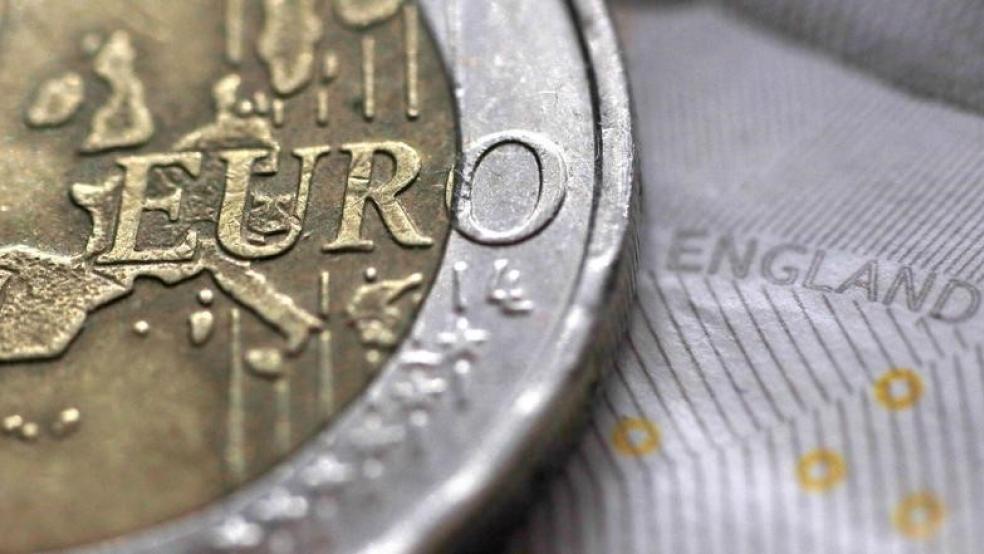NEW YORK (Reuters) - World stock markets rose for a third day and bond yields hovered around record lows as investors expected more stimulus from central banks in the wake of Britain's vote to leave the EU and as the Bank of England raised the prospect of bond buying this summer.
Renewed concerns over global growth and oversupply forced oil prices down again as both Brent and U.S. crude traded below $50 per barrel. Gold, a safe-haven play, edged lower but was on track for its biggest monthly rise since February.Sterling reversed gains as Bank of England Governor Mark Carney said the central bank would probably need to pump more stimulus into Britain's economy. Investors largely expect the bank to cut interest rates over the summer and ramp up its bond-buying program. UK shares surged after the news.. The European Central Bank is looking at loosening its rules for bond purchases to allow it to by a wider range of debt if it moves toward returning to quantitative easing, Bloomberg reported, citing people familiar with the discussions. The euro fell sharply against the dollar and European stocks surged. "There may be more of a growth crisis than any acute financial stress" from Brexit, said Stanley Sun, interest rate strategist at Nomura Securities International in New York.Markets have regained their poise after a short bout of volatility following Britain's vote last week to leave the European Union. But concerns remain about the longer-term economic outlook and the potential for renewed turbulence.The equity rebound of the last three days was not enough, however, to completely offset losses suffered in recent days. Stocks worldwide are on track for their worst monthly performance since January, down 1.6 percent for the month.The two-day sell-off in the aftermath of last week's vote had wiped more than $3 trillion off the value of global stocks. They have recovered about half of that over the past three sessions.Wall Street rose and the S&P 500 <.spx> gained 1 percent, although the drop in oil prices suppressed gains as the index approached all-time highs.The MSCI All-Country World index <.miwd00000pus> was up 0.8 percent, but is set to end the month down about 1.2 percent, its worst month since a troubled start to the year. It will also be the first time since 2011 that global stocks indices will have fallen for two successive quarters.U.S. Treasuries have been drawing demand as bond yields in other developed markets fall into negative territory. Yields of benchmark 10-year Treasury notesEquities rise, bond yields subdued as more stimulus seen

Thomas White



